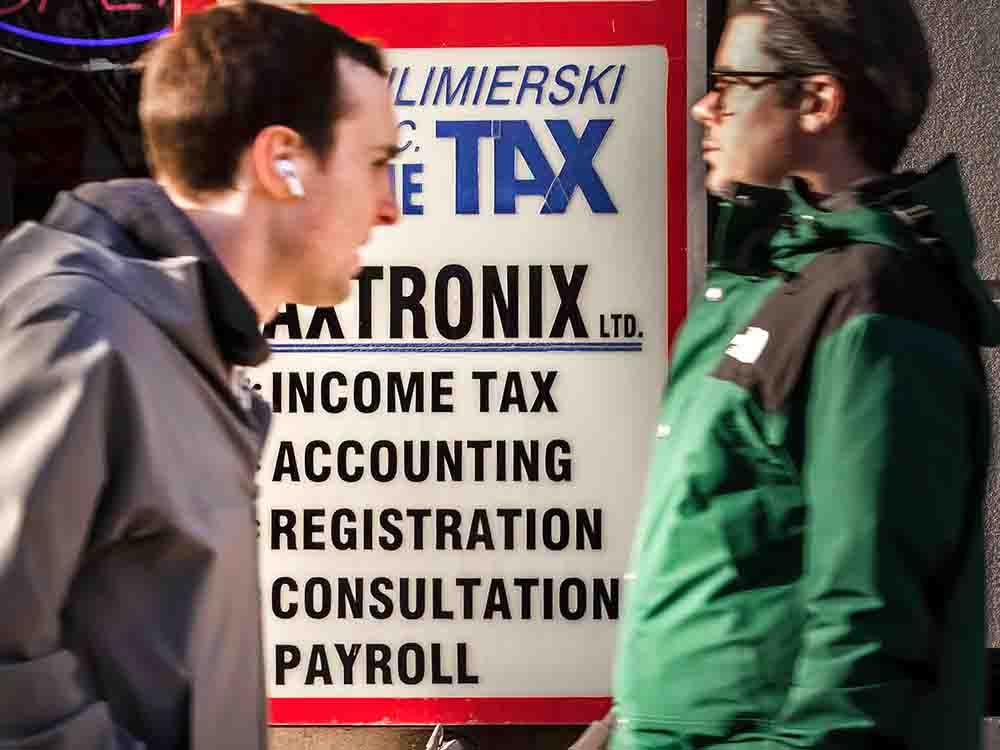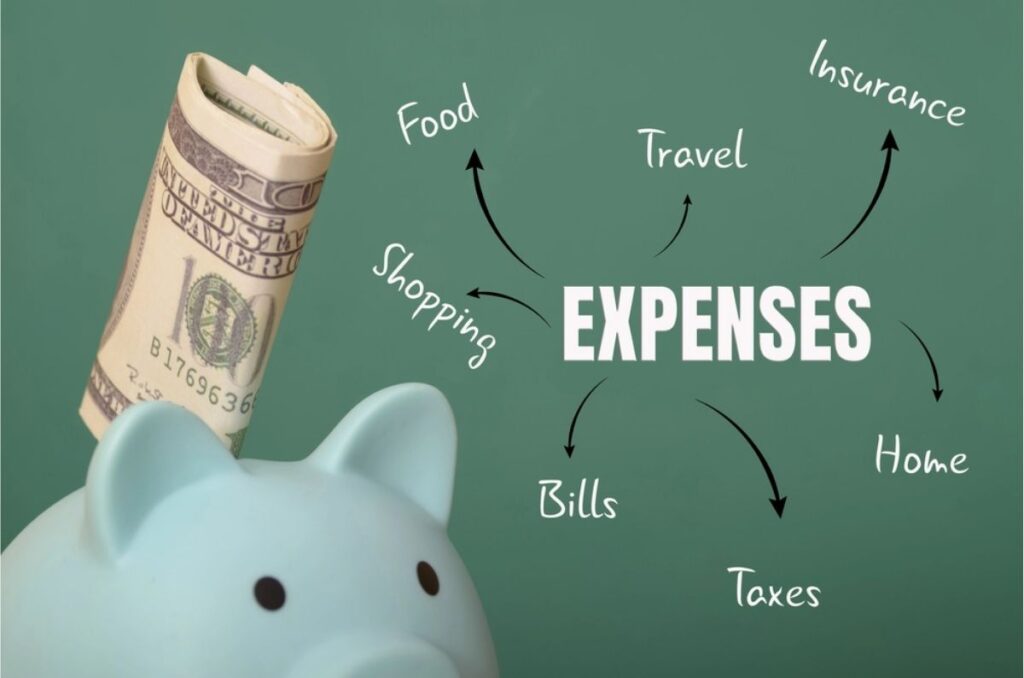
Governments around the world struggle with basic financial mathematics. In other words, many spend much more than they receive.
Unlike individual households, who cannot continue to run cash deficits indefinitely since they will quickly go broke or deplete any savings they might have, governments have two advantages: they can borrow money and accumulate debt , which pushes the debt repayment to the future, usually future generations, and they have taxation powers to introduce new measures to increase government revenues that purportedly can help get their finances in line.
Both governments and individual households also have a basic tool at their disposal to help improve finances: reduce spending.
Many left-leaning governments, however, are not particularly quick to use that basic tool. It doesn’t fit their politics and ideology.
Our current government has resorted to vacuous slogans (“spend less, invest more”), delayed budgets , a deceptive new budgeting methodology that wants to “separate the operating budget from the capital budget” and timid spending cut mandates that don’t go far enough. All these are basic political manoeuvres to not cut costs to a point where they need to be.
Will the current government simply pile up debt or will it introduce new taxation measures to support its spending? Or both?
Some countries are realizing that a burgeoning welfare state is not sustainable and are looking at ways to rein in expansionary pressures. Some are still exploring new taxation measures.
For example, Australia’s current centre-left government has been struggling with recent budget deficits and has convened public discussions on a path forward. At a recent government-sponsored Economic Reform Roundtable , there were numerous submissions put forward by interested parties on how to make the “Australian economy stronger, fairer, more productive and more resilient into the future.” The submissions included a wide range of topics, from deregulation to tax reform.
One of the tax submissions — made by a real estate analytics firm — suggested the Australian government should introduce an “empty rooms tax” to help assist with the country’s housing challenges. According to the firm, more than 60 per cent of Australian homes are occupied by just one or two people, while over 75 per cent feature three or more bedrooms. It suggested that taxing surplus bedrooms could shift housing demand toward smaller, “well-located” apartments (whatever “well-located” means).
A methodology was not put forward on how the tax would be applied, but the public reaction to the proposal appears to have been swift and widely negative — as it should have been. How would the government even count empty rooms? Would officials measure floor plans and monitor bedroom usage?
This kind of stealth social engineering and property rights intrusion, masked as taxation policy, would be very troubling for any democracy.
There is no shortage of ideologues and politicians who are convinced that governments should deploy their taxation powers as a routine tool to solve the issues of the day. Accordingly, the types of taxes that have been introduced over thousands of years are interesting, with many of them being silly.
One of the important historical lessons is that taxation powers should be carefully deployed to ensure such powers do not encroach on basic rights and can realistically achieve their objective(s).
A good and sound taxation system, as espoused by the Scottish economist Adam Smith in his 1776 book, The Wealth of Nations, should have four basic tenets:
Equity: contributions should be fair and proportional to a person’s ability to pay. Certainty: the system should have rules that are clear, predictable and not left to arbitrary discretion. Convenience: the timing and system of payment should be convenient for taxpayers. Economy: the costs to administer and collect taxes should be minimized and not consume the revenue it raises.Australia’s empty room tax would most certainly fail Smith’s tests.
On equity, it would penalize people for how they live in their own homes rather than their ability to pay. On certainty, the measurement of such a tax would likely be discretionary and subject to arbitrary market values. On convenience, it would fail by intruding into private dwelling use that would require continuous monitoring. On economy, the administrative costs would likely outweigh any revenue raised.
Like Canada, I have no doubt that Australia’s tax system needs reform. Our system is mind-bogglingly complex. Tax specialists such as myself struggle with it mightily and it is most certainly not approachable by the average person.
Our current government has promised an “ expert review ” of the corporate tax system, but the review needs to go much broader and get back to the basic tenets as laid out by Smith.
The review should eliminate the silly taxes that are equivalent to the Australia empty rooms tax proposal. That list is long, but would include the federal Underused Housing Tax . Recent data shows this tax generated far less revenue in 2022 — $49 million — than the $200 million originally projected. Administrative costs — $59 million — have also far exceeded the revenue, with research showing these taxes do not have a meaningful impact on real estate markets, housing availability and affordability.
CRA denied taxpayer benefits because of his Airbnb classification What is the impact of two full-time jobs with a combined $230,000 income on what I owe the CRA?Taxes are necessary to fund government, but they must be crafted with restraint, clarity and respect for basic rights. Taxation that strays into social engineering or intrudes on property rights undermines both trust and liberty.
As former United States chief justice John Marshall warned more than two centuries ago, “the power to tax involves the power to destroy.” That is why Canada urgently needs real tax reform to strip away gimmicks and rebuild a simple, fair system that supports growth rather than undermines it.
For the record, I sleep in every room in my house.
Kim Moody, FCPA, FCA, TEP, is the founder of Moodys Tax/Moodys Private Client, a former chair of the Canadian Tax Foundation, former chair of the Society of Estate Practitioners (Canada) and has held many other leadership positions in the Canadian tax community. He can be reached at [email protected] and his LinkedIn profile is https://www.linkedin.com/in/kimgcmoody.
_____________________________________________________________
If you like this story, sign up for the FP Investor Newsletter.
_____________________________________________________________













 Bengali (Bangladesh) ·
Bengali (Bangladesh) ·  English (United States) ·
English (United States) ·